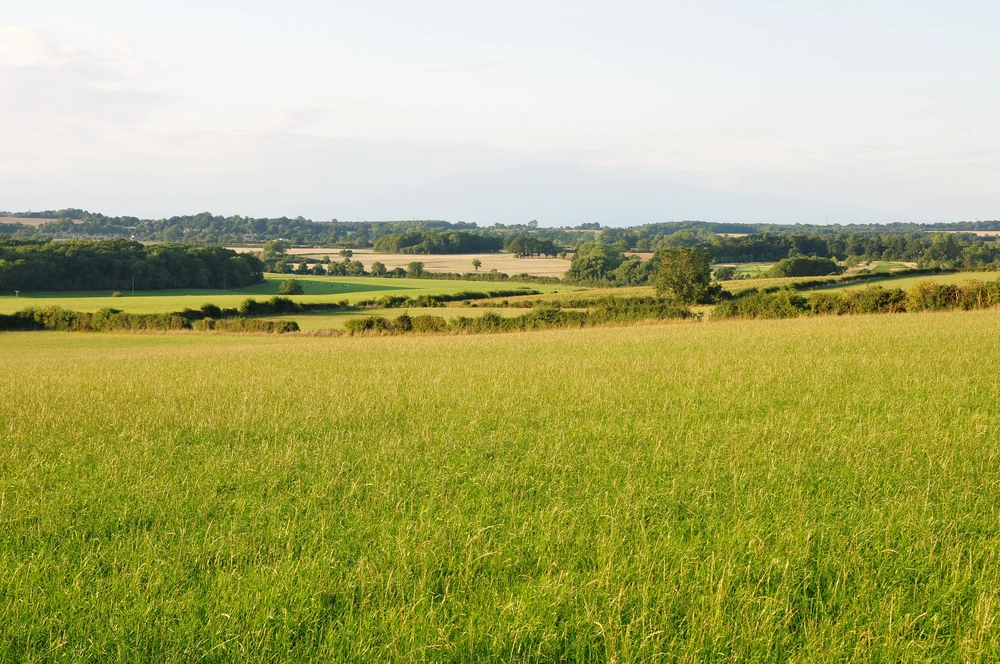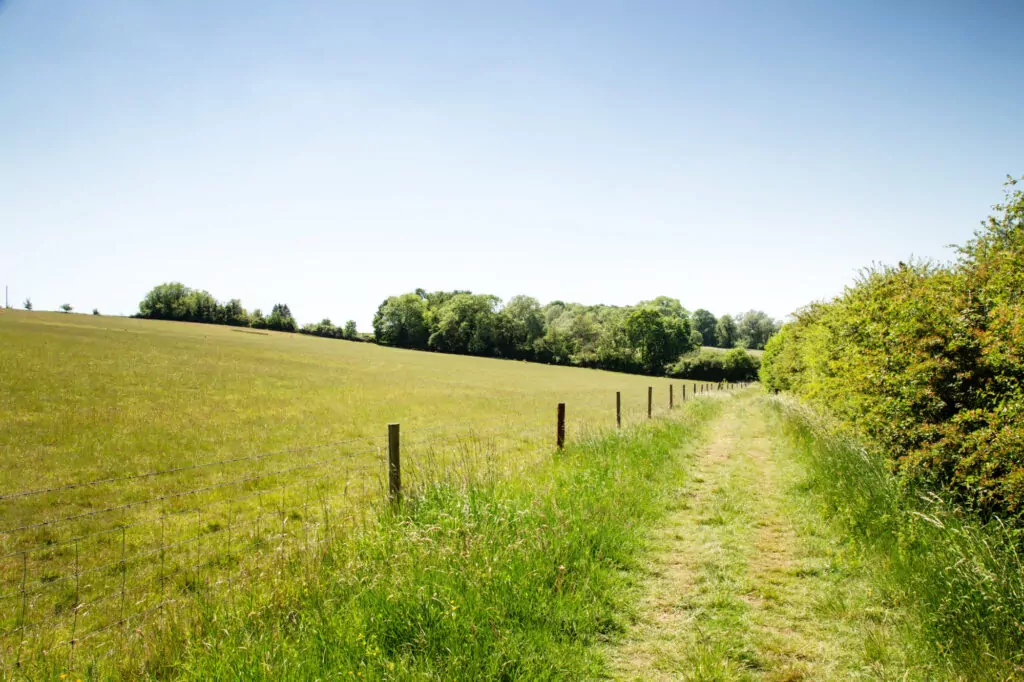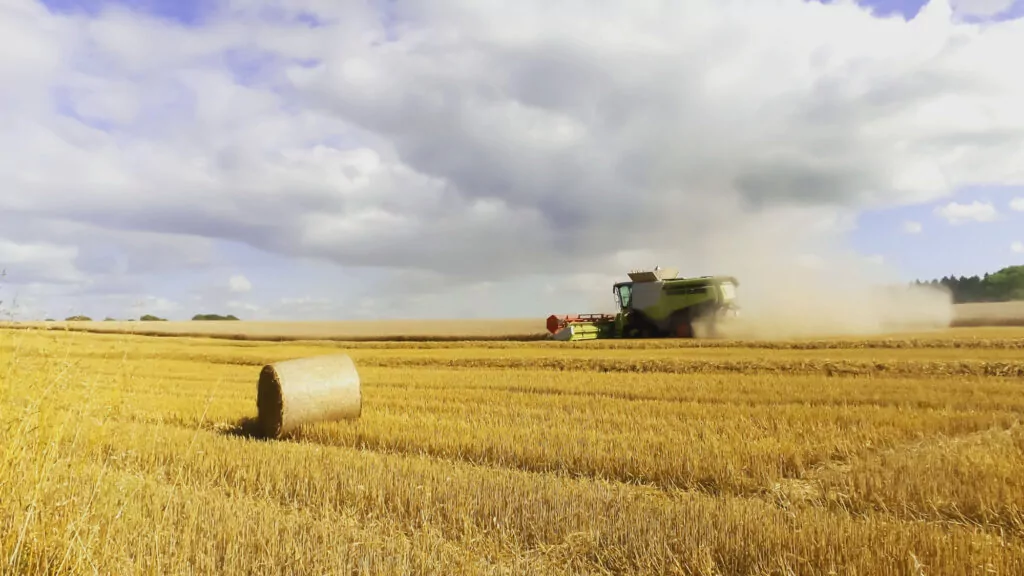
Beef between neighbours – how to handle nuisance claims


Increasingly changes in the way we work have made it possible for people whose employment is entirely unconnected to farming to live in incredibly rural locations. This can lead to many benefits. However, the increased proximity of former city dwellers to active farms can often come with widely varying expectations of how life in a rural area should look, sound and smell, which can give rise to tensions and disputes.
In recent years we have seen an increasing tension between landowners undertaking normal rural farming activities and non-farming residential residents. Sometimes this is due to varying expectations, but it can also be due to changes in farming practices. Those changes in practices can often just reflect changing economics and government policy. In some cases, that can lead to more intensive methods of farming.
With an increasing number of properties being built in green belt areas and older rural properties being converted to purely residential use, we expect to see these types of disputes arise. This article will look briefly at one type of claim which can arise - nuisance.
What is a nuisance claim?
Landowners are likely to have heard the term 'nuisance' before. Generally, this is either:
- A 'private nuisance', which is usually caused by a person doing (or not doing) something on their own land, which they are lawfully entitled to do but which becomes a nuisance when the consequences of their act/omission extend to the land of their neighbour by, for example, causing physical damage (regularly operating very noisy equipment next to a neighbouring property or encroachment onto land by mud and debris).
- A 'public nuisance', which arises from an act that endangers the life, health, property, morals or comfort of the public or obstructs the public in the exercise or enjoyment of rights common to all (for example, obstructing a highway).
As a matter of law, the scope of what can amount to a private nuisance is quite broad, and in considering whether something is a private nuisance a court will consider whether the activity is 'unreasonable interference', taking into account a wide criteria, such as frequency, duration etc. All is not lost for the landowner, however. If a landowner can show that:
- The alleged nuisance is an activity which is a reasonable and ordinary use of their land given the nature and character of the locality.
- The alleged nuisance is done with proper consideration for the interest of their neighbours, then this will not give rise to liability in private nuisance.
Statutory nuisance claim
Whilst public and private nuisance may be more familiar concepts, landowners may be less aware of 'statutory nuisance', and, in particular the fact that a claim for statutory nuisance can be brought against them by a neighbour as a private prosecution. Yes, landowners may have to defend their position in a criminal court.
Statutory nuisance claims are governed by Part III of the Environmental Protection Act 1990 (the Act) which lists a range of matters which can amount to a statutory nuisance. These include animals, insects emanating from premises, odour, noise and light which are a nuisance or are prejudicial to health.
It is possible for someone to complain to their local authority about an alleged statutory nuisance, who will then be obliged to investigate and take appropriate action. However, there is also a separate option under the Act for a person to bring a private prosecution against a landowner. Importantly, there is no requirement for a neighbour to complain to the local authority first.
A neighbour might see a private prosecution as a better option over a more conventional private claim in the civil courts. Unlike a typical private nuisance claim, a private prosecution for statutory nuisance tends to take place quite quickly. In addition, the risks on costs are very different. In a civil claim the successful party normally recovers their costs. In a statutory nuisance claim if the complaining neighbour loses their risk is normally just their own costs. Conversely, a successful defendant has very little prospect of recovering their costs from the complaining neighbour, their recovery is limited to very modest amounts from the Government.
Private prosecution has been in the news recently with the Post Office scandal and among the many questions that raised is whether only an independent body should be able to bring a prosecution? If a private individual brings that claim, why should they be in a better position compared to the normal cost rules of private civil claims? The Government has indicated that they will look at the issue of private prosecutions on the back of the Post Office scandal, but any reform could have far wider implications and might include statutory nuisance claims
An example
We recently successfully acted for a Devon Farmer in defending a private prosecution for statutory nuisance, which had been brought against them by their neighbour. Our client's dairy operation and farmyard exist in very close proximity to their neighbour's rural house. The farmer had previously tried to improve their operations at their farmyard through the planning process. The neighbour had objected to this, and also previously made a complaint to the local authority of statutory nuisance at the farmyard. No nuisance was found during that investigation. Unfortunately, over time the relationship between the parties became very fraught.
The main allegations of nuisance were agricultural noises and smells, but it was also alleged that flies were encroaching from the farmyard onto the neighbour's property.
As required by the Act, the neighbour first served a notice on the farmer requiring them to abate the alleged nuisances at their farmyard. The Act then gives the person served 21 days (3 days in the case of noise nuisance) to respond. Landowners should act very quickly to obtain legal advice on receipt of a warning notice, as the period provides an opportunity for discussion between the parties which may just avoid a lengthy and expensive court process before it officially starts.
In this farmer's case, the private prosecution was commenced in the local Magistrates' Court. The defendant farmer was forced into the position of defending the claim. The stakes were high because if the farmer had lost, the Court could have made an order effectively restricting their farming operations and issued a fine. If farming activity found to be a nuisance is not stopped after such an order, that is a criminal offence, and a farmer could face further fines.
We had limited time to put together the defence. Expert evidence was needed swiftly with the added problem of the weather restricting the experts' ability to get it.
Any landowners facing this type of claim need to engage with experts as early as possible in this process, and if there is a planning application which predates the claim, should engage experts at that stage. Experts having knowledge of operations over a period of time can be invaluable. The reality is that the court process puts the defendant landowner on the back foot in terms of the timetable. The complainant will have been able to gather their evidence at their own pace and decide to pursue the claim when they are ready. The landowner does not have that luxury.
In our successful defence we were greatly helped by our client's excellent record keeping, which showed the efforts they had made to farm to a good standard and the improvements they wanted to make. The client's positive relationships with other neighbours also made it easier to obtain evidence of the nature of the locality and their farming practices – a key aspect of their defence.
Steps to help prevent a claim
- Prevention is always better than the cure - Positive and proactive engagement with non-farming neighbours can be key in building long lasting and constructive relationships which can greatly avoid the risk of disputes. If your neighbour makes a complaint to you, take it seriously and work with them to try and come up with an agreeable solution. That is far preferable to Court proceedings.
- Landowners should always try (where possible) to minimise the impact of their activities on surrounding neighbours and should keep records which show that they have been given potential issues proper thought. This could include for example, scheduling deliveries for day-time hours where possible and installing silencers on particularly noisy pieces of equipment.
- Record keeping - Good records that show that landowners have been working in compliance with regulations, legislation and best practice can be helpful evidence if a claim is brought against them.
- Take advice – get suitable expert advice on farming practices. If there are steps you can economically take to help your neighbours do them!
For further assistance with any nuisance claims, landowners can contact our team of experts.













